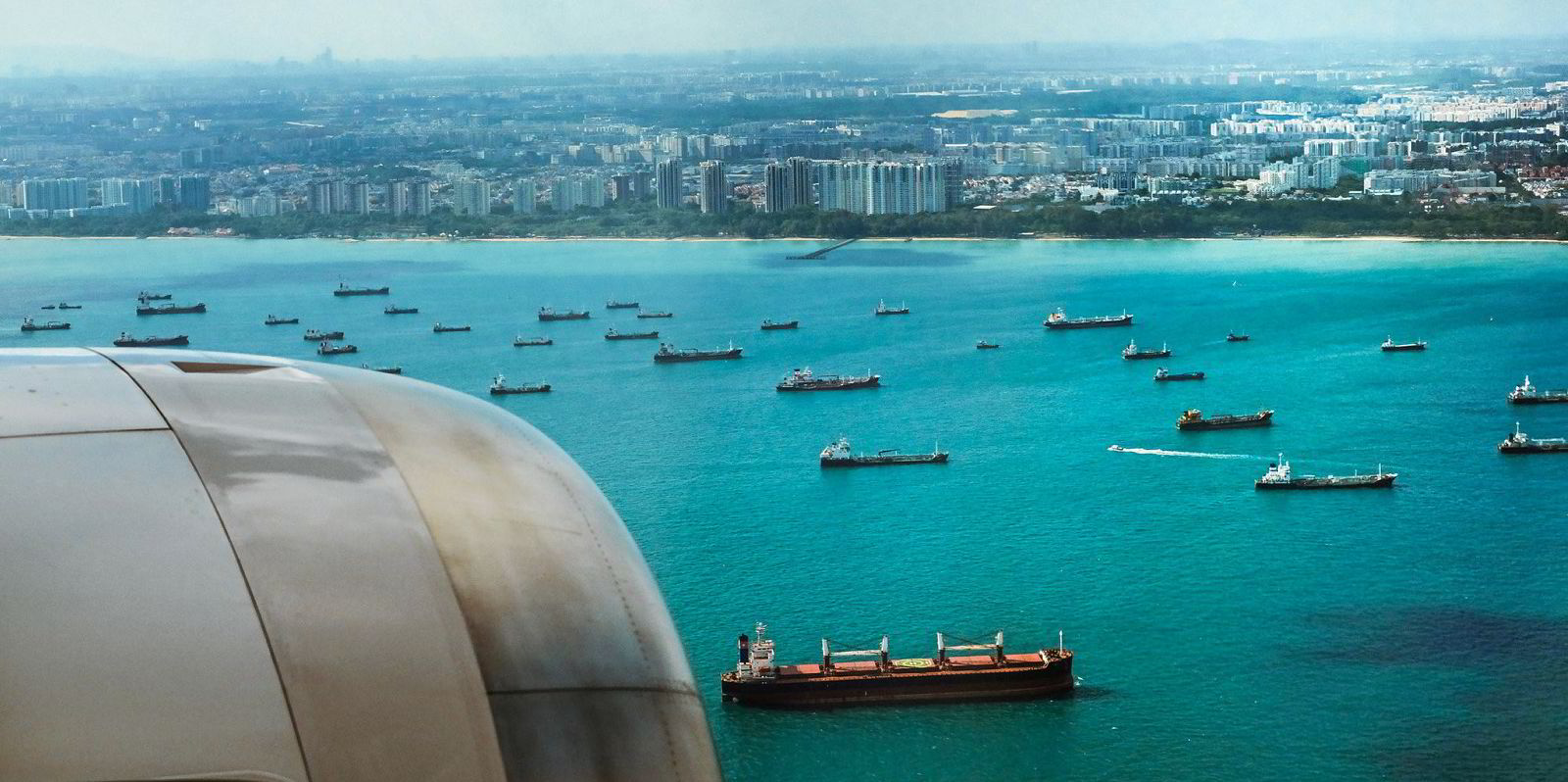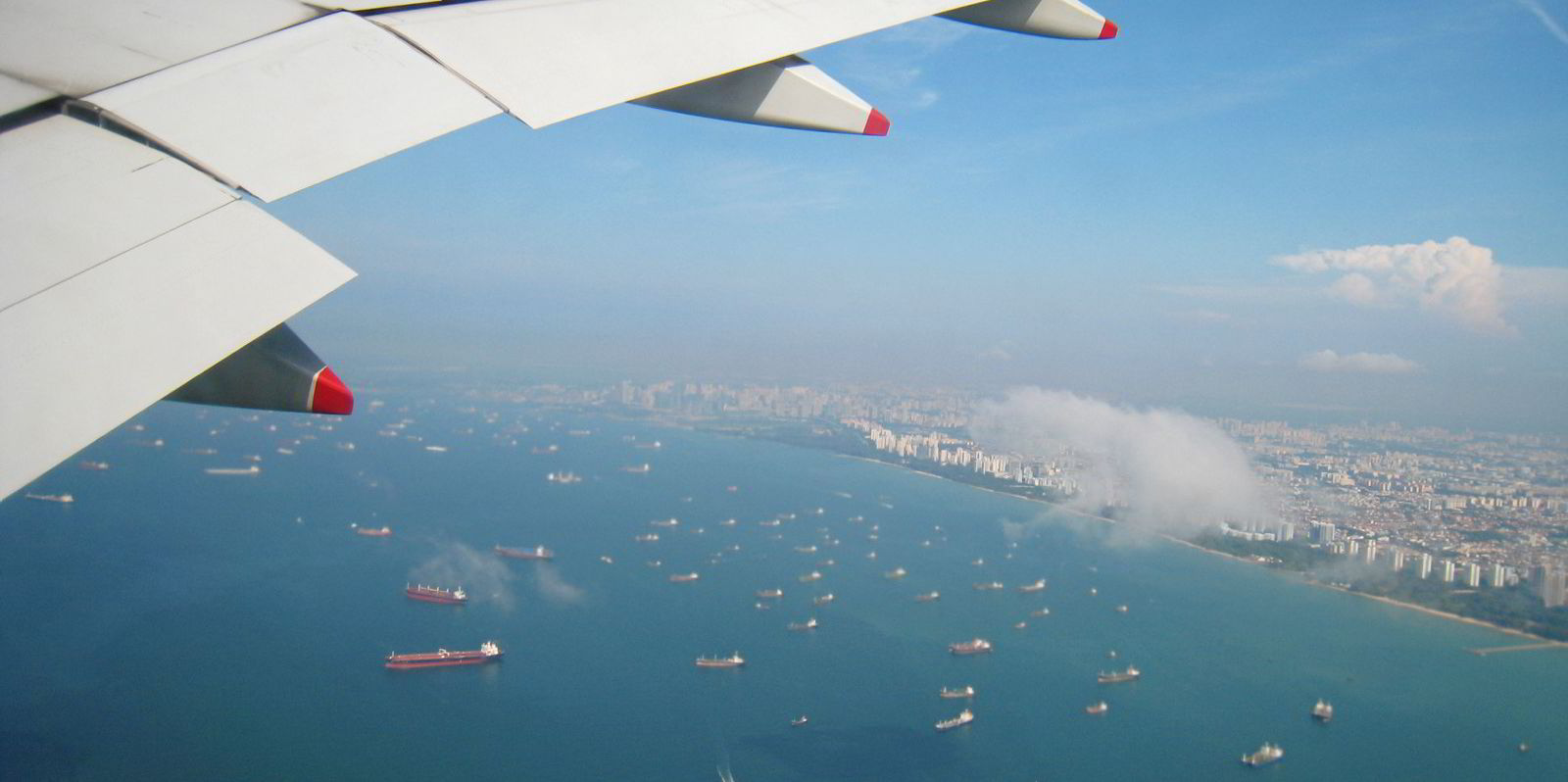Contaminated very low-sulphur fuel oil (VLSFO) first discovered in Houston has reportedly spread to Singapore, a top bunker fuel testing company has warned.
Two unnamed vessels are said to be the latest ships to have received contaminated fuel during bunkering operations in the city-state, according to an alert by VPS.
The global market leader in marine fuel testing and bunker surveys first reported that its fuel testing arm discovered a marine fuel contamination issue in Houston in early July 2023.
Dicyclopentadiene (DCPD) isomers were found to be present at “significantly high levels” within VLSFO bunker fuel deliveries at the US port.
DCPDs are unsaturated chemical compounds that can polymerise and oxidise under certain conditions, according to VPS.
However, the rate of this polymerisation process can be reduced by the presence of inhibitors that are typically found within fuel oil.
“Should these compounds start polymerising, the fuel begins to exhibit a level of stickiness and become more viscous, making it difficult for moving components, such as fuel pump plungers and the fuel injector spindles to move freely,” VPS said.
“These effects cause damage to the fuel injection system and over a period of time excessive sludge formation is likely to be experienced.”
VPS said the contaminants were detected using in-house gas chromatography–mass spectrometer analytical methodologies.
Initially, VPS highlighted 11 vessels had suffered operational issues, such as loss of power and propulsion whilst at sea.
“These effects resulted from fuel leakage in the injection control units and fuel pumps not being able to develop the required fuel pressure, affecting only the auxiliary engines and not main engines,” VPS said.
The contaminated VLSFO had been delivered in Houston, by one single unnamed fuel supplier, the company added.
On Monday, VPS said 14 vessels in total, have now received this contaminated fuel and suffered some form of damage to their auxiliary engines and fuel delivery systems.
“Twelve of the vessels received their fuel in Houston, whilst a further two vessels received their fuel in Singapore, with the fuel delivered by four suppliers,” VPS said.
“In addition to the 14 vessels suffering damage from burning the contaminated fuel, a further 18 vessels who received it from 13 additional suppliers, either witnessed no adverse reactions, or simply did not provide any feedback regarding any damages.”
In total, VPS said the volume of contaminated fuel delivered to the 32 vessels was 61,494 metric tonnes.
VPS said three vessels de-bunkered the contaminated fuel prior to burning, following a “caution” result from its VPS Chemical Screening service.
A further three vessels are said to have de-bunkered after suffering initial engine damage from burning the fuel.






